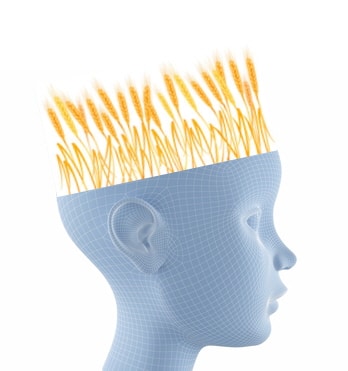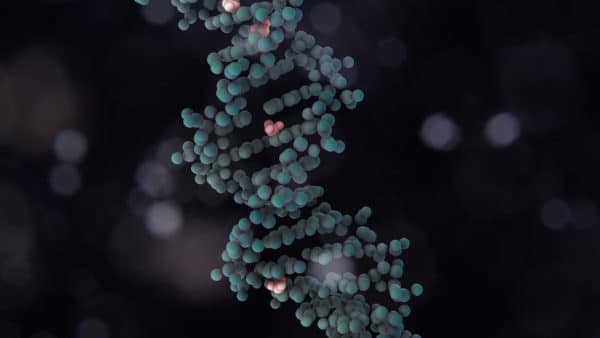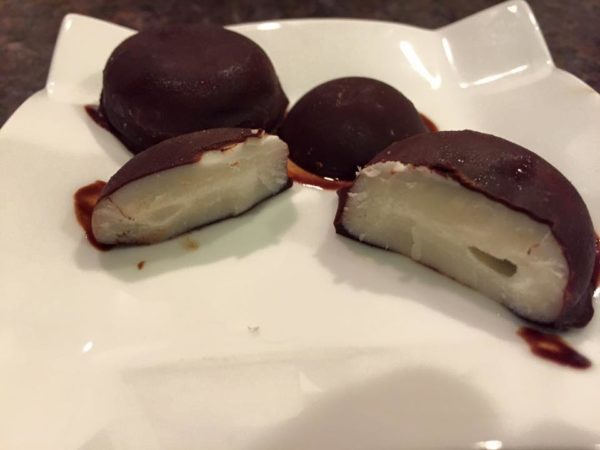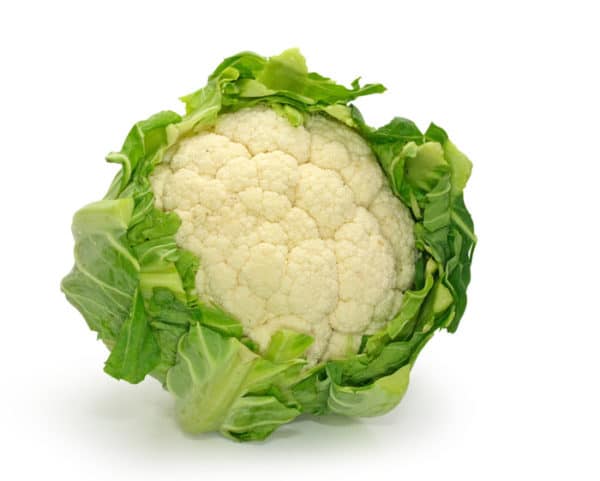
I first got seriously interested in the devastating effects of gluten on brain and behaviour almost a decade ago after listening to a recording of a talk by Dr. Thomas O’Bryan at a meeting of the International and American Association of Certified Clinical Nutritionists (IAACN).
Before that, I was aware of the dangers of wheat and had taken myself and many patients off it with great results. Late, I developed a resource pack to help those wanting to free themselves:
http://www.drritamaie.com/glutenfree
Originally, many wheat-free enthusiasts still ate gluten in the form of kamut and spelt, including me. I would sprout kamut and make a delicious raw, dehydrated bread or pizza crust from it.
I didn’t notice negative effects unless I ate too much, but I did notice that once I started eating it, I craved more beyond satisfaction of my hunger.
After listening to Dr O’Bryan’s talk and doing extensive research of my own on the neurodevelopmental effects of gluten, I personally gave it up. I didn’t make a decision to give it up from my mind, though. It was a gut reaction and a loss of all desire for it. I had no cravings or remorse. I just stopped because once I understood the impact it had on me, I wanted no more of it.
There were several changes I did notice AFTER giving up gluten entirely.
My energy and stamina become extremely high. I could sleep less and feel more energized. I became more productive and clear about my business goals. I became more motivated to be successful and get known.
My brain seemed more clear and less unfocused.
http://www.drritamaie.com/glutenfree
Neurological Effects of Gluten
In 2006, my paper on gluten intolerance in regards to developmental disorders in children was published in the Journal of Nutritional Perspectives.
What follows is data I found while researching for that paper.
The Neurological problems associate with gluten intolerance became known as early as 1908 in a book titled Sprue and its Treatment by Carnegie Brown. In it, Brown described two patients who developed “peripheral neuritis”, which is inflammation of the nerves in the hands and feet. Later, in 1925, Elders reported the association between “sprue” and ataxia, which is a balance disorder.
Since then, gluten intolerance has been associated with a wide variety of neurological and psychiatric conditions, with or without intestinal problems.
The list of conditions associated with gluten includes:
cerebellar ataxia
- peripheral neuropathy
- epilepsy
- dementia
- schizophrenia
- depression
- migraine
- seizures
- encephalopathy
- chorea
- brain stem dysfunction
- Parkinson’s
- Alzheimer’s
- myelopathy
- mononeuritis multiplex
- Guillain-Barre-like syndrome
- Huntington’s disease
Gluten is also associated with neurodevelopmental disorders including:
- autism
- ADHD
- Aspersers and
- PPD
Wow. That’s some lineup.
Changes to cells and blood supply in the central nervous system have also been associated with gluten intolerance.
Several mechanisms have been proposed to explain how gluten affects the neuromuscular systems. The mechanisms include autoimmune reaction and inflammation, malnutrition, and opioid excess.
Find Out More

Part 1: Gluten-Free – Is it Just a Fad?
Part 2: The Gluten-Free Fad
I recommend that you listen to the recordings, come to the next show in the series to hear about the effects of gluten from a patient/health coach perspective and watch your inbox to learn more about the mechanisms by which gluten affects your brain.
Until then, try to go a week without gluten and post your experience to the blog. Use this free resource kit to help you go gluten-free:
http://www.drritamaie.com/glutenfree
Please share your thoughts and leave a comment below.
Share this:

Are you feeling stuck?
Do you feel as if something is missing from your practice that's keeping you from delivering breakthrough outcomes for your clients?.
Recent Posts
Our Programs
Nutritional Endocrinology Practitioner Training (NEPT)
The Mastery and Certification tier is our flagship program and provides everything you need to feel confident as a practitioner who knows how to get results that lead to healthy and happy clients.
Functional Assessment Mastery
Explore the relationships between the most important hormones and their relationship with nutrition.
Functional Nutrition Mastery
Learn how to support your clients to eat and supplement in a way that reduces and eliminates chronic symptoms.
Medical Disclaimer: The information on this website is not intended to replace a one-on-one relationship with a qualified health care professional and is not intended as medical advice. It is intended as a sharing of knowledge and information from the research and experience of Dr. Ritamarie Loscalzo, drritamarie.com, and the experts who have contributed. We encourage you to make your own health care decisions based upon your research and in partnership with a qualified health care professional.
Disclosure: Sometimes (but not always), when I share resources in my programs, newsletter, and on my website, I'm using an affiliate link, which means I do make money if you buy. My credibility is extremely important to me; therefore, I only endorse the products, services, and people I believe in. DrRitamarie.com is independently owned and the opinions expressed here are my own.
Click here to see our Privacy Policy.












Hi Dr. Ritamarie,
First….HAPPY BIRTHDAY TO YOU!!! ENJOY YOUR DAY OFF!!
Second – ah gluten. I’ve had severe wheat intolerance for over 20 years, but like you – in the past I’ve eaten spelt, kamut, etc. I haven’t in a few years. At my graduation from Hippocrates Health Institute I was given a loaf of Sprouted Rye Manna Bread. I figured – it’s raw, it’s sprouted, it’s not wheat…how bad could it be. I ate one bite, I had two bites. I put it in the fridge. I went back for more. I kept going back for more. I forced myself to stop at half a loaf. The next morning I ate the other half for breakfast. I couldn’t stop myself. I haven’t had a graving like that in years. And low and behold – I broke out in a bad rash until it was out of my system. Lesson learned. Raw, sprouted, etc…it’s still gluten. Thanks for the great articles, and reminders, as usual I learn something from you almost daily.
Have a nice rest!
Laura Hugel
I have gotten a big initial boost coming off gluten about two months ago, but now I am feeling low with pain in my feet (fallen arches, hammertoes, bunion) and some osteoarthritis in my right knee. I’ve been a raw food vegan on and off for periods in my life, and your diet inspires me to go back to it, sort of. I still like meat, cheese, cooked veggies, and coffee.
What do you think of the high protein diet of Dr. William Davis, Lose The Wheat Belly”? Unless balanced with a lot of greens, I think it could become acidic.
I notice that your anti-inflammatory sampler did not include protein. What do you recommend for protein and in what proportions to the rest of the diet?
BTW, I’ve found that coconut flour mixed with just water, and baked in a moderate oven, makes an excellent cake substitute.
Thanks,
Madeline Greenberg